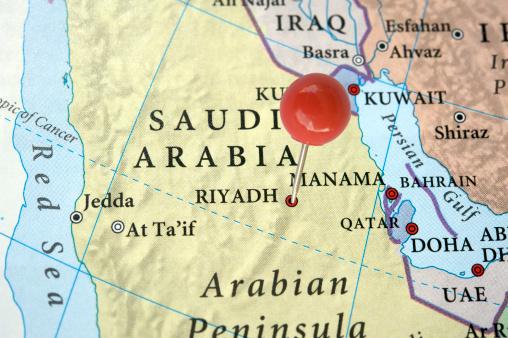The World Health Organization (WHO) today announced six more Middle East respiratory syndrome coronavirus (MERS-CoV) cases in Saudi Arabia, raising the agency's global count to 136 cases with 58 deaths.
The six cases involve three females and three males living in the Riyadh region and ranging in age from 14 to 79 years, the WHO said. The limited information in the statement appears to match up with the two latest case announcements from the Saudi Ministry of Health (MOH).
The WHO said one of the patients has mild symptoms and the rest are hospitalized. Their illness-onset dates ranged from Sep 15 to 26.
Three patients had contact with previously confirmed MERS-CoV case-patients. Two others are reported to have had no contact with animals or other patients, and no exposure information was available for one patient, according to the WHO.
The latest MOH case announcement, on Oct 1, cited new cases in Riyadh residents aged 14, 45, and 79 years, according to a machine translation posted on FluTrackers, an infectious disease online message board. It indicated that all three had had contact with other MERS-CoV patients. The 14-year-old was said to be in stable condition, while the 45-year-old was receiving "intensive treatment."
The previous MOH case update came in an Arabic statement on Sep 27, followed by one in English on Sep 30. The English version reported an 87-year-old woman, a 53-year-old woman, and a 63-year-old man, all of them in hospital intensive care units and all having other diseases. However, the Arabic statement listed a 78-year-old woman instead of an 87-year-old.
The MOH's English-language coronavirus site currently lists Saudi Arabia's MERS count at 114 cases and 49 deaths. It does not appear to have been updated to include the three cases announced Oct 1.
In other developments, a Saudi MOH official advised religious pilgrims in Saudi Arabia for the Hajj to wear masks in crowded places, according to an Arab News report yesterday.
"Pilgrims should wear protective masks that cover the noses and mouths in crowded places and follow basic health etiquette while sneezing or coughing," Dr. Nazreen Sherbini, a specialist in infectious diseases and influenza, was quoted as saying.
Neither the WHO nor the US Centers for Disease Control and Prevention recommends in its travel guidance the wearing of masks to protect against MERS.
The Hajj is expected to draw millions of visitors to Mecca from Oct 13 to 18.
See also:
Oct 4 WHO statement
Saudi MOH MERS-CoV media page























